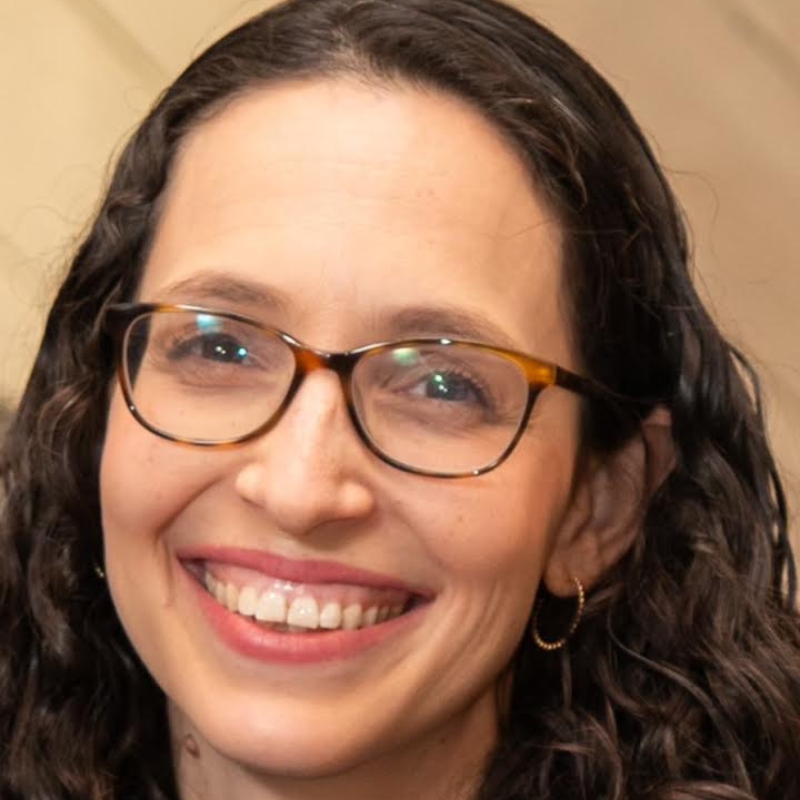As a campus rabbi, I have heard the fear, grief, sadness, and uncertainty that so many students have been experiencing. Even on campuses with thoughtful and responsive administrations, emotions have run high since October 7. We’ve seen it on social media, on flyers around campus, and in inflammatory language spoken during protests. During one protest, a group of Jewish students took me aside. “Protesters are advocating for innocent Palestinians but why don’t they also care about what happened on October 7? Why aren’t they condemning terrorism, and calling for the hostages to be released?”
As I spent time getting to know some of the protesters, I learned that while some were too angry and scared to recognize the pain these Jewish students expressed, others were horrified by what happened on October 7. For fear of being misunderstood or deemed traitors, they felt uncomfortable expressing these concerns publicly.
Likewise, students who were protesting asked why the Jewish community didn’t care about the innocent people in Gaza. When I told them about the scores of students who had expressed deep concern about the death toll in Gaza, they seemed unconvinced. Processing the trauma of October 7 and the growing criticism of Israel on campus, it was a difficult moment to build bridges.
Students shared many of the same concerns but felt forced into polarizing camps. It was far easier to talk at — rather than speak with — one another, to make assumptions about other perspectives rather than hear one another’s stories. Feeling threatened and misunderstood, few students felt comfortable tearing down these walls of self-protection so that they could have heartfelt conversations with those who saw the situation differently. The ones who did found that they had far more in common than they realized. They had much to learn from one another. It takes courage and vulnerability to enter into conversations across lines of difference. It takes strength to approach someone and reveal ourselves.
Find more commentaries on Vayigash.
In last week’s Torah portion, Joseph’s brothers showed up in Egypt in search of food. Joseph immediately knew the men were his brothers, but they never would have guessed the man standing before them was the brother they had once sold into slavery. At first, Joseph kept his identity a secret, in part for self-protection and in part to see the kind of people his brothers had turned out to be. To test this, Joseph framed Benjamin for stealing a goblet and then sentenced him to remain as a slave. This week’s Torah portion begins with Judah quickly drawing near his scorned brother and protesting. (Genesis 44:18) Judah knew their father couldn’t cope if they returned home without his youngest son, so Judah offered to become a slave in Benjamin’s place, exchanging his freedom for Benjamin’s.
This is the moment that changed everything in the family story. Joseph saw that Judah wasn’t who he had imagined him to be. Judah’s compassion and integrity inspired Joseph to respond to Judah’s humility with his own. He excused every Egyptian from the room as he broke down in sobs. “I am Joseph!” he cried, revealing himself. The Torah doesn’t tell us what was going through Joseph’s mind as he then invited his brothers to approach him (Genesis 45:1-4), or what was going through the brothers’ minds as they approached. But it does highlight for us the importance of the approach. The very name of this Torah portion, Vayigash, means “and he approached.” This intensely vulnerable encounter has so much to teach because through it healing and connection became possible.
That is not to say that this approaching would be easy. Or HaChayim explains, “In order for the brothers to accept Joseph’s claim that he was their brother, he needed the matter of his sale to be mentioned.” (Or HaChayim commentary on Genesis 45:4) Connecting would require difficult, even painful, conversations. Once the issues were aired, the brothers kissed, wept, and embraced. They didn’t know what would happen but, despite everything, they connected with one another.
Find more commentaries on the Israel-Hamas war.
Just a few days after October 7, I was scheduled to attend an interfaith conference with imams, pastors, and fellow rabbis. Friends questioned the wisdom of my attendance. Could we create a safe interfaith environment in this excruciating moment? I responded that we needed to gather, especially now. Some clergy dropped out, but those who attended had the privilege of hearing one another and being heard. Though at times the conversations were emotional and trying, they also allowed us to sympathize and more deeply understand one another’s concerns.
As Joseph and his brothers approached each other, they too gambled that the challenging conversations would be worth the risk. They chose to build bridges rather than walls, and soon they had done the impossible. They reconnected so deeply that they couldn’t help but weep and embrace one another in gratitude. As Or HaChayim pointed out, the path forward may not have been an easy one, but it was the way forward.
The most significant moments aren’t those of harsh words, and demonstrations, but rather intimate moments of humble connection. Those are the moments that can change everything.
Rabbi Cassi Kail is the Director of Jewish Life at Chapman University. Working in the college’s Fish Interfaith Center, she is grateful to lead a phenomenal group of Jewish students, faculty, and staff, and to gather diverse groups of students for meaningful multi-faith opportunities.

